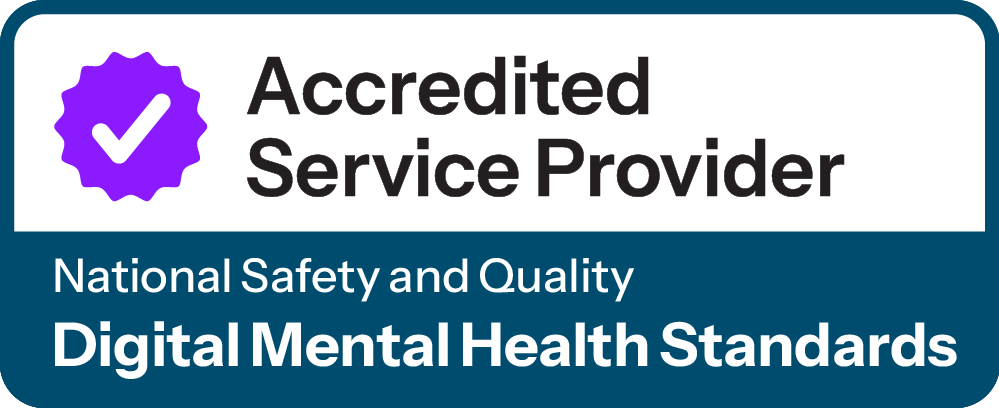The findings are based on a nationally representative survey of 1000 Australian young people aged between 14 and 25, conducted in December 2018.
ReachOut CEO Ashley de Silva said the research confirmed that rates of bullying remained steady with around 1 in 4 (24 percent) saying they were bullied, and 36 percent of young people saying they were bullied online.
The research also asked young people about the strategies they used to cope with bullying.  16 percent said they used alcohol and drugs, 17 percent said they used medication, while 10 percent did not use any of the strategies listed. Positively, 48 percent said they spent time with family and friends and 36 percent did something they enjoyed.
“It’s really concerning that 16 percent of young people who experienced bullying self-medicated – using drugs and alcohol to help them cope – as we know this can be a fast-track to other problems like binge drinking, risky behaviour, overdose and even death,” Mr de Silva said.
“What this research also shows is that 17 percent of young people who experienced bullying were under the care of a GP or mental health professional and prescribed medication to help them cope with the emotional impact of bullying, and that’s just devastating.”
“The research also found bullying had a significant negative impact with 65 percent, or up to 575,000 young people, saying it had a moderate to major impact on their emotional and mental wellbeing,” Mr de Silva said.
“It is clear that the nature of bullying has changed forever. For most young people being bullied in the classroom continues when they get home and jump onto social media or even their favourite video game.
“We’ve welcomed efforts by governments to tackle cyberbullying, however this is not just about online safety but supporting people in distress right now.
“We hear heartbroken parents and friends talk about the emotional toll of bullying, and we need to make sure young people know that support is available and where to go to get that support,” he said.
ReachOut has a wide range of articles, videos, self-help tips and online forums to help young people cope with bullying and cyberbullying.
ReachOut Parents provides evidence-based self-help tools, and parenting peer support around the clock. ReachOut has already geared up its free, confidential one-on-one parent coaching service to help parents and families get support anywhere in the country, including with bullying
Young people experiencing bullying can head to ReachOut.com to access a wide range of support resources and forums for peer support.
For more information visit ReachOut.com or ReachOut.com/Parents.
ENDS
Media contact
Tessa Anderssen / 0411 708 587 / tessa@reachout.com
About the research
- Nationally representative survey of 1000 Australian young people aged between 14 and 25, conducted in December 2018.
- 24 percent (n=242) said they experienced bullying, 35.95 percent (36 percent) of those bullied said it happened online.
- 65 percent rated the extent bullying impacted on their emotional and/or mental wellbeing as major or moderate; 30 percent rated it as minor; only 7 percent said it had no impact.
- Strategies used to help cope with bullying (n=242), 48 percent said they spent time with family/friends; 36 percent said do more things you enjoy; 17 percent said they use medication; 16 percent said they use alcohol/drugs.
About ReachOut
ReachOut is Australia’s leading online mental health organisation for young people and their parents. Our practical support, tools and tips help young people get through anything from everyday issues to tough times – and the information we offer parents makes it easier for them to help their teenagers, too. We’ve been changing the way people access help since we launched the world’s first online mental health service more than 20 years ago. Everything we create is based on the latest evidence and designed with experts, and young people or their parents. This is why our digital self-help tools are trusted, relevant and easy to use.
Available for free anytime and pretty much anywhere, ReachOut is accessed by 132,500 people in Australia every month. That’s more than 1.59 million each year.






